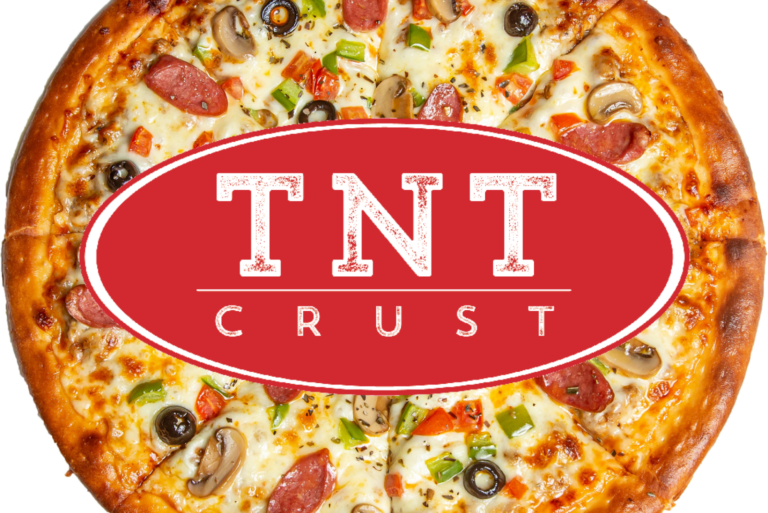MINNEAPOLIS, MN — General Mills released its 2023 Global Responsibility Report, which highlights actions and progress the company made across three areas: planet, people and food during its 2022 fiscal year. The report details how General Mills is Standing for Good, a core pillar of its Accelerate Strategy and recognizes the company’s 53rd year of transparency on its environmental and societal impact.
“For more than 150 years, General Mills has been guided by the belief that doing good and good business are not mutually exclusive. We’ve proven year-over-year, including throughout an unprecedented global pandemic, that they go hand-in-hand,” said Jeff Harmening, chairman and CEO of General Mills. “We are more committed than ever to ensuring the G in General Mills stands for Good, and our focus on people and planet remains central to how we operate.”











